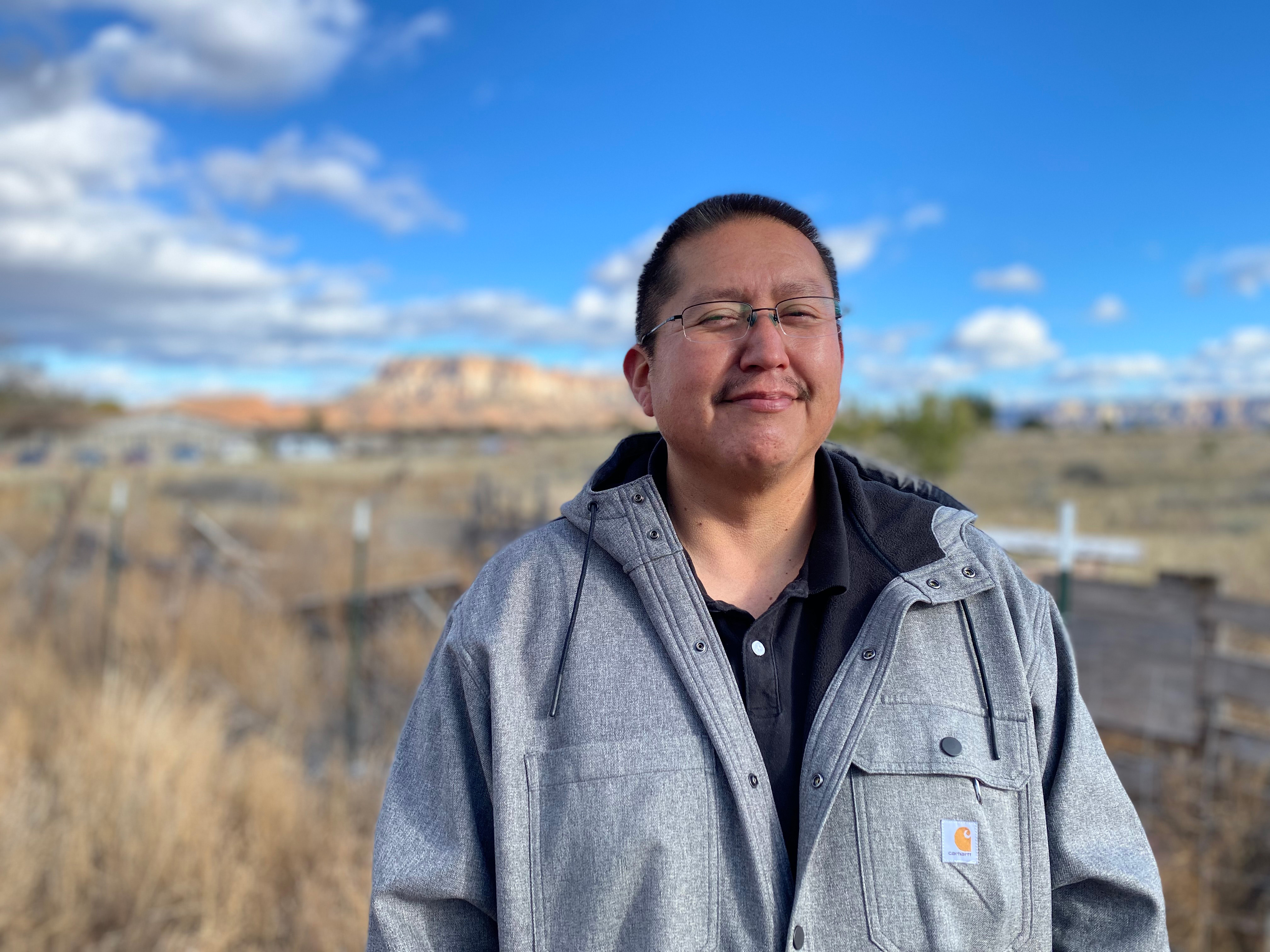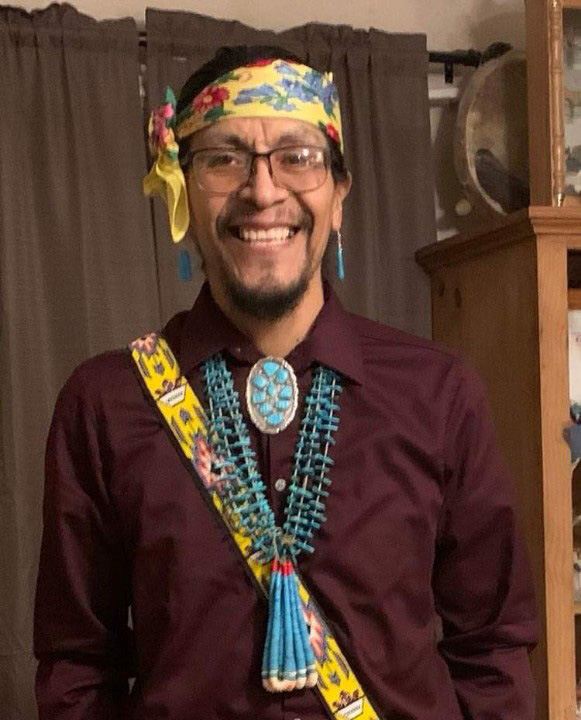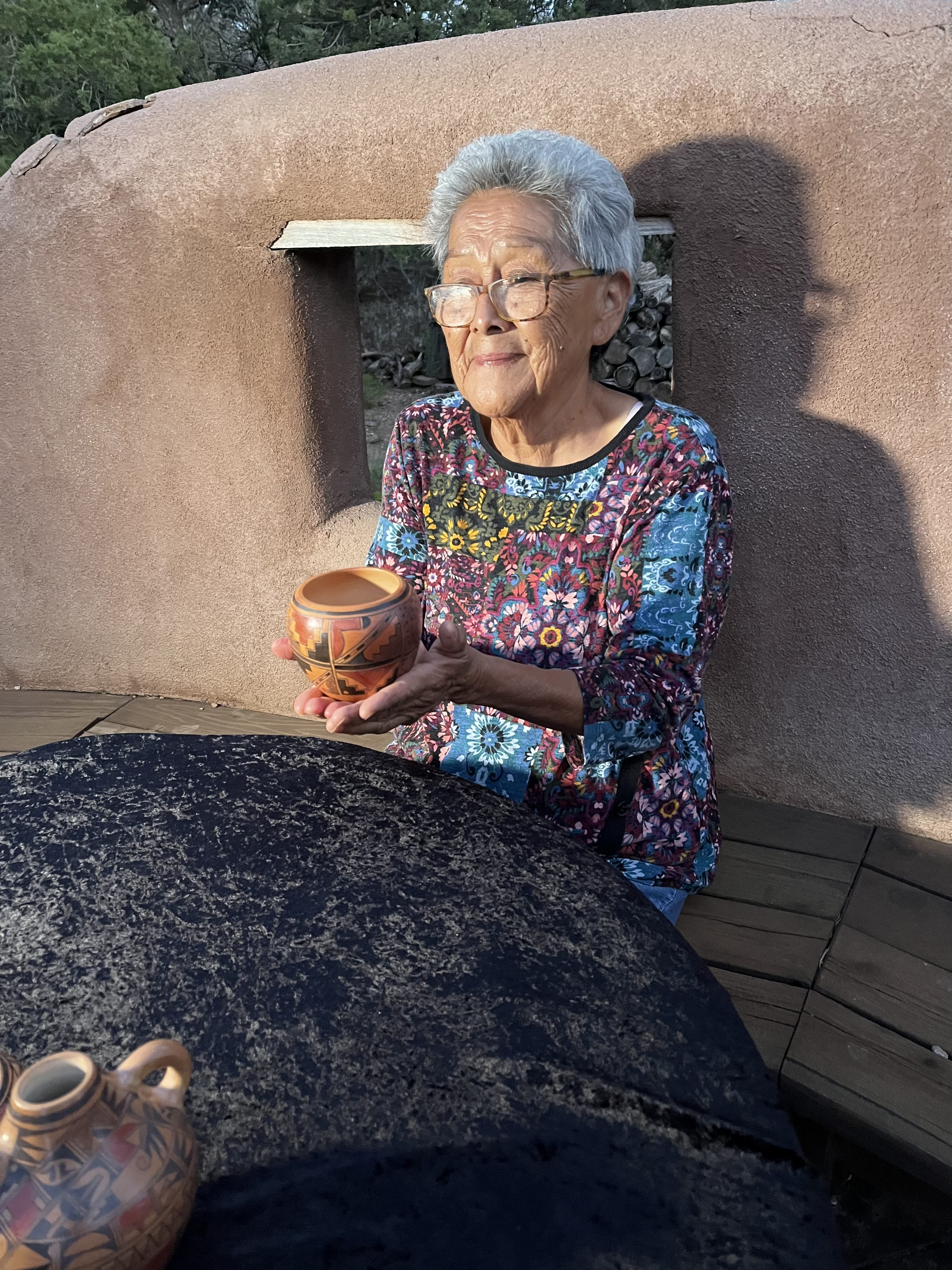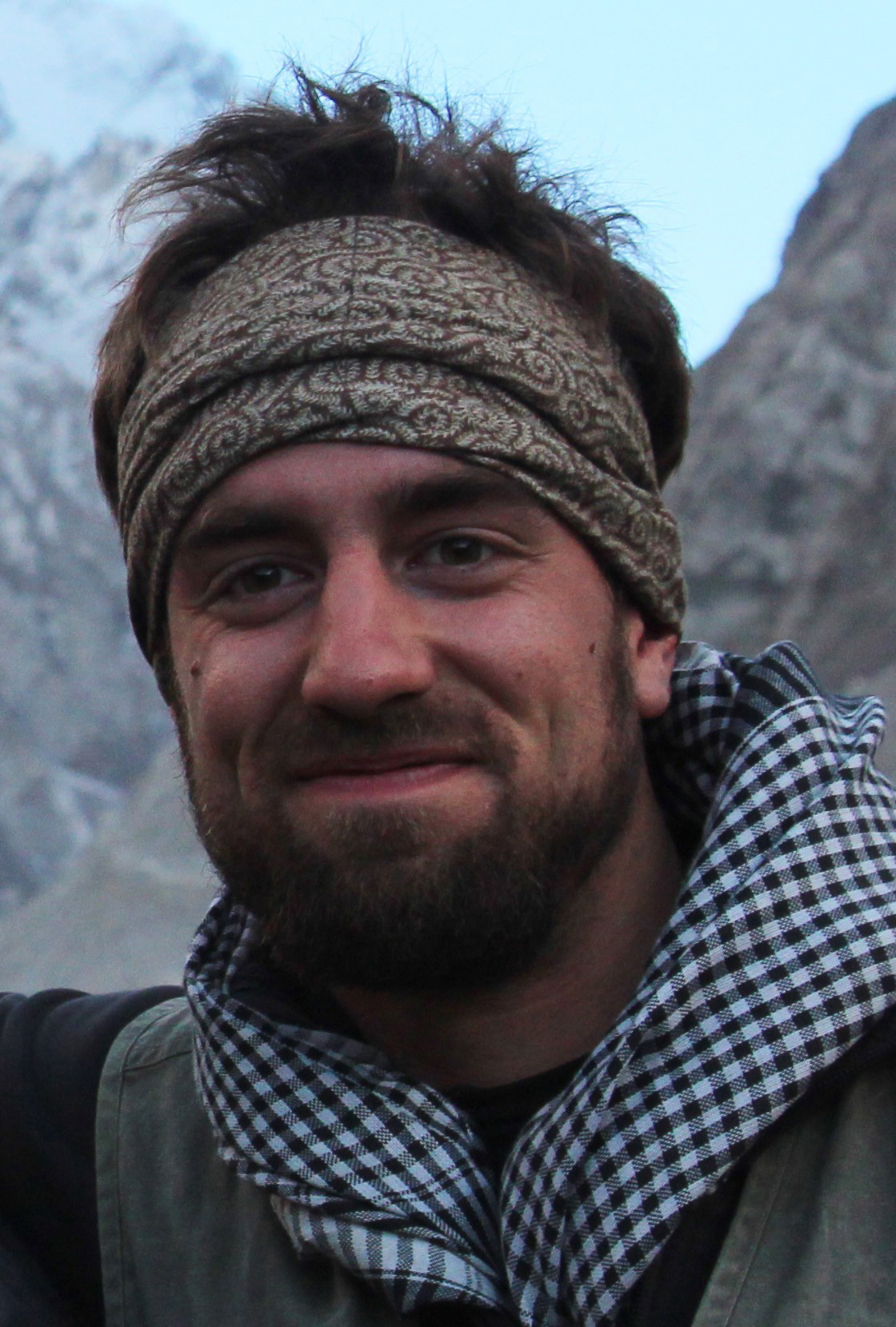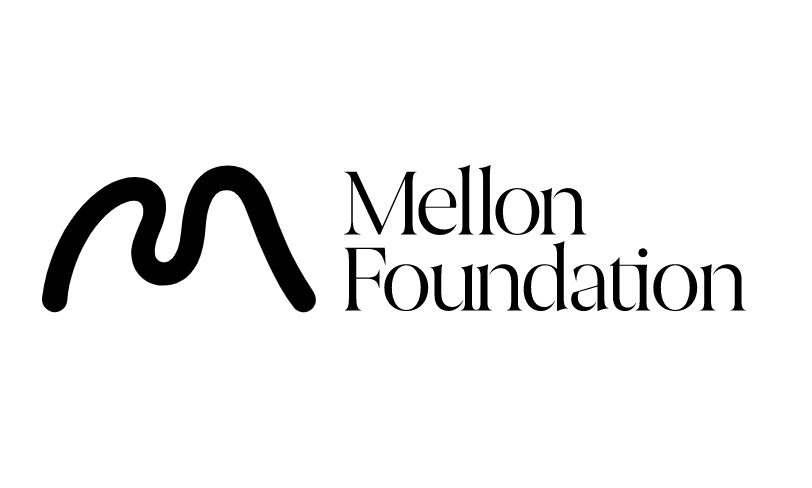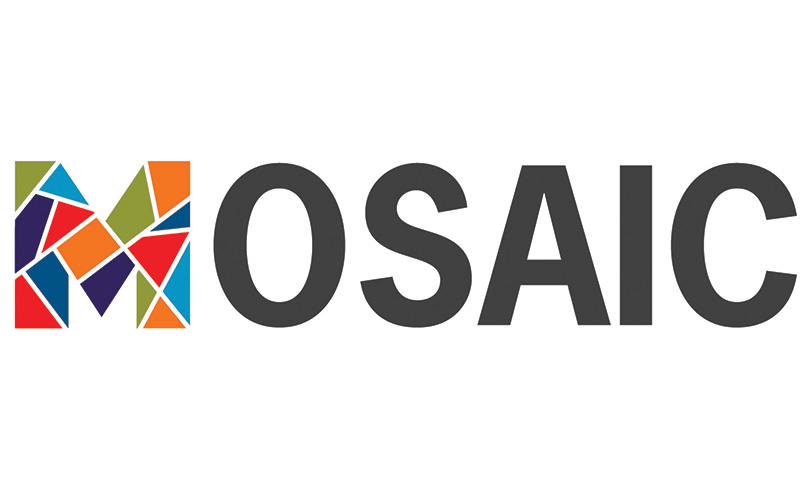First Peoples of the Plains is an annual lecture dedicated to
advancing the understanding and appreciation of the cultural
heritage of the First Peoples of the Plains.

This year the Museum is pleased to welcome representatives from the
Hopi and Zuni Tribes for (Re)Connections Through Time. The
presentation will feature a short documentary film screening
followed by a panel discussion with Hopi and Zuni artists and
knowledge holders as they share their experiences of reconnecting
with ancestral collections held in museums and their hopes for
the future.
EVENT DETAILS:
Date: Thursday, November 21, 2024
Time: 5:00 pm (doors will open at 4:30 for advance ticket holders and 4:45 for general public)
Location: Mary Riepma Ross Media Arts Center, 313 N 13th St., Lincoln, NE 68508
Cost: FREE, advance registration of tickets recommended
A livestream of this event is available free of charge
ABOUT THE PRESENTERS:
Curtis Quam is a member of the A:shiwi (Zuni) Tribe and leads the
A:shiwi A:wan Museum and Heritage Center where he has worked for
over 20 years. He is a member of the Zuni Cultural Resource Advisory
Team and has collaborated with museums across the United States
and internationally. His work focuses on educating the Zuni
community, particularly the youth, about their rich cultural
history, traditions, and beliefs through various media. Quam
is deeply involved in efforts to preserve and share A:shiwi
language and culture, including their oral histories, art, and
agricultural practices. In addition to this work on behalf of
his community, Quam also serves on various advisory boards for
cultural heritage organizations including Archaeology Southwest
and the Chamiza Foundation.
Alex Seowtewa is an A:shiwi (Zuni) elder and religious leader,
as well as a US Navy Veteran. During his military service he was
part of the iconic Blue Angels, the flight demonstration squadron
of the United States Navy. Seowtewa is a certified cultural monitor
and a member of the Zuni Cultural Resource Advisory Team (ZCRAT).
Through this work he collaborates with Federal and state agencies,
as well as museums and industry partners, to consult and protect
A:shiwi cultural heritage. Seowtewa is also a dedicated mentor and
farmer. He coaches and referees Zuni youth sports and works to
keep traditional agricultural practices alive. His father, the
late Dr. Alex Seowtewa Sr, was a famous Zuni painter who spent
decades completing life-size kachina murals in the restored old
mission church at Zuni Pueblo. Seowtewa serves on the Board
dedicated to protecting these murals.
Octavius Seowtewa is an A:shiwi (Zuni) scholar,
elder and religious leader. He supervises the Zuni Cultural
Resources Advisory Team where he provides guidance on Zuni ancestral
lands and cultural objects. Mr. Seowtewa is also a master silversmith
specializing in needlepoint jewelry. Over the last 40 years he has
been involved in numerous cultural preservation projects in the
Southwest and around the world, including the Bears Ears National
Monument Inter-Tribal Coalition. He has written and contributed
to various books, journals, magazines, films and multi-media works
focused on A:shiwi history and cultural preservation. Mr. Seowtewa
is also the Community Lead for the Zuni (Re)Connections Through
Time project.
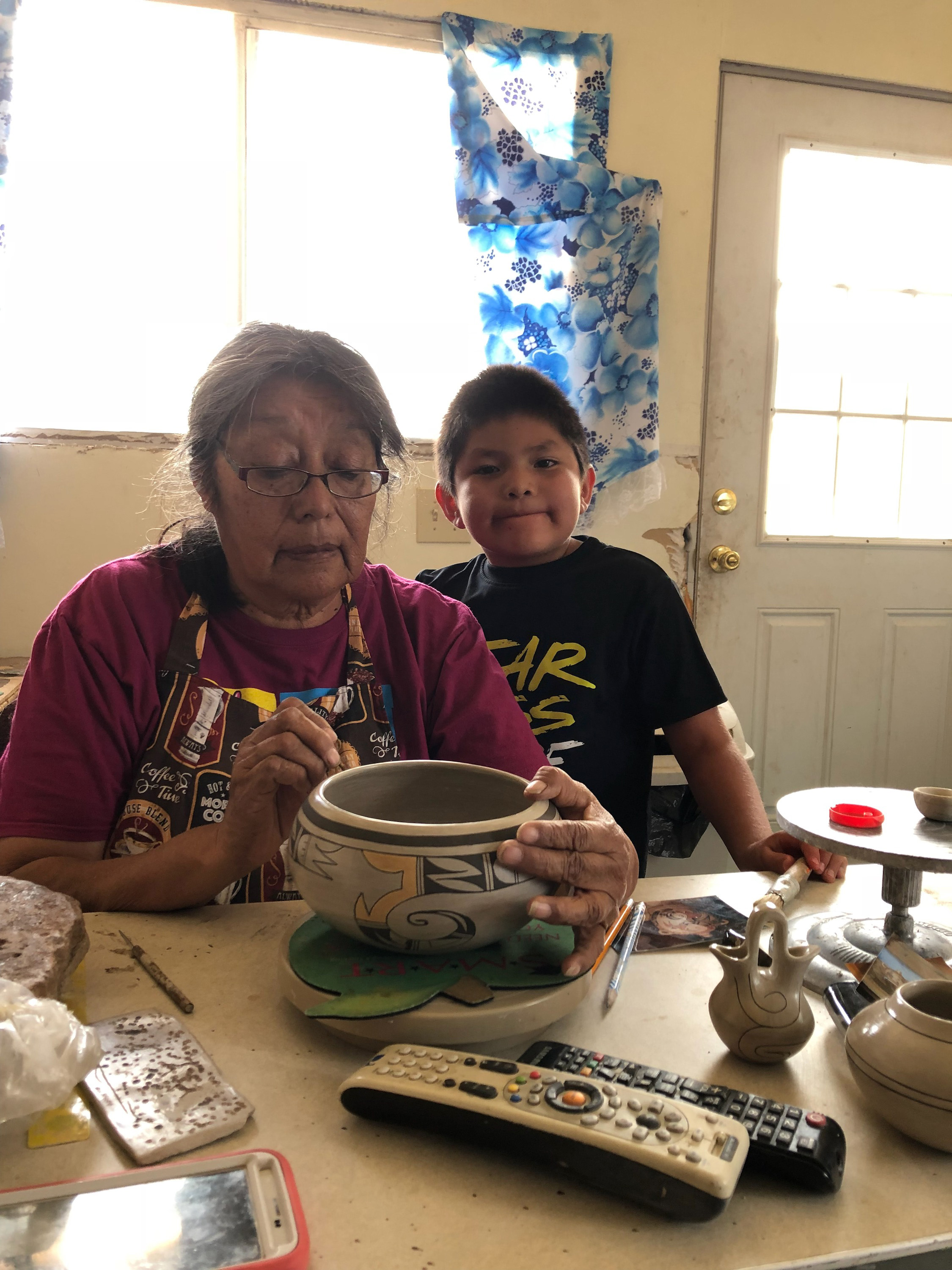
Karen Charley is a member of the Hopi Tribe (Butterfly/Badger
Clans) and is the Community Lead for Hopi (Re)Connections Through
Time project. She was raised in Sichomovi, a village on First Mesa,
where she learned traditional pottery techniques from her mother,
Marcella Kahe, a renowned potter herself. Her pottery reflects
traditional Hopi designs, often inspired by ancient pottery from
villages such as Sikyatki and Awatovi. She is known for creating
beautiful hand-coiled pieces like canteens, seed pots, and wedding
vases, adorned with intricate red and black designs. Her works have
been featured at prestigious events such as the Santa Fe Indian
Market and the Museum of Northern Arizona's Hopi Show. Charley has
won several awards for her art, including Best of Show and Best
Traditional Pottery. Her pottery is also part of the permanent
collections at notable institutions like the Heard Museum in
Phoenix, AZ. Karen is dedicated to preserving Hopi artistic
knowledge, language and traditions and has helped lead initiatives
such as the Hopi Pottery Oral History Project.
Emmaline Naha is a member of the Hopi Tribe (Roadrunner Clan) and a
renowned pottery artist from First Mesa. She has been making
traditional Hopi pottery since the 1970s, having first learned
from her grandmother Annette Silas and her mother Gertrude Adams
as well as her aunt, Marcella Kahe. Naha is known for her
traditional pottery which often incorporates designs inspired by
the ancient Sikyatki style. Her creations include small seed jars,
rattles, wedding vases, and canteens, which often feature classic
Hopi motifs like parrots and bird tail patterns. Naha is known for
using native Hopi clay and natural pigments such as beeweed for
black designs, and her work is traditionally fired outdoors.
Daniel Byers is the founder and Director of Skyship Films. As a
filmmaker focused on wildlife, climate, and indigenous rights,
Daniel has worked in over 60 countries - from tracking cartels
along the rivers of Honduras to chasing snow leopards through the
mountains of Afghanistan. His award-winning films and photographs
have been featured in hundreds of film festivals and publications
around the world, including the Smithsonian, UK Guardian, BBC,
and National Geographic. Daniel also writes and directs fiction.
His first feature film, Eradication, was released in 2022, with
his second in the works for next year. He completed his MFA at
Columbia School of the Arts in 2022.
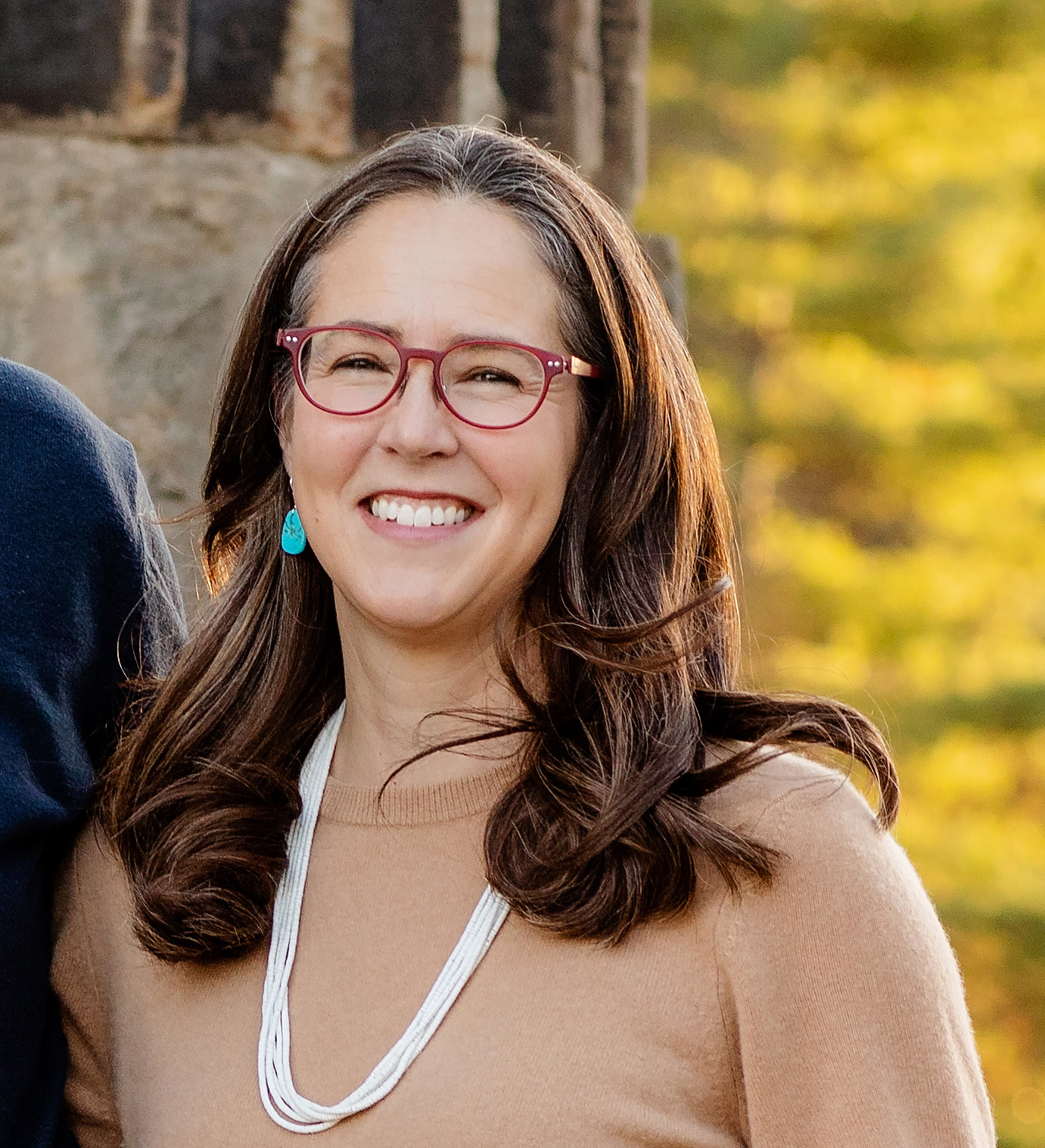
Carrie Heitman is an Associate Professor of anthropology and the
Associate Director of the Center for Digital Research in the
Humanities at UNL. She is a globally engaged anthropologist,
Southwestern archaeologist, and digital humanist, with a
professional mission is to share inclusive pasts to build
inclusive futures. She holds a Ph.D. in anthropology from the
University of Virginia (2011) and, among other topics, her
research explores how new technologies can support scholarly
communication and facilitate responsible and inclusive digital
access to cultural heritage information. Dr. Heitman has helped
lead various collaborative, open-access digital cultural heritage
projects including the Chaco Research Archive and the Salmon Pueblo
Archaeological Research Collection. In addition to her digital
scholarship, she has published various books and articles and has
received two national anthropology awards. She is the project
director for the (Re)Connections Through Time project, funded by
the Andrew W. Mellon Foundation. This project is a partnership
with The Hopi Tribe, the Pueblo of Zuni, the National Museum of
Natural History, the American Museum of Natural History, and the
University of Nebraska-Lincoln.
2024 Hubbard Lecture Program Support
Previous Lectures
The annual Hubbard Lecture: First Peoples of the Plains is made possible by generous
contributions from Dr. Anne M. Hubbard and the Claire M. Hubbard Foundation.








